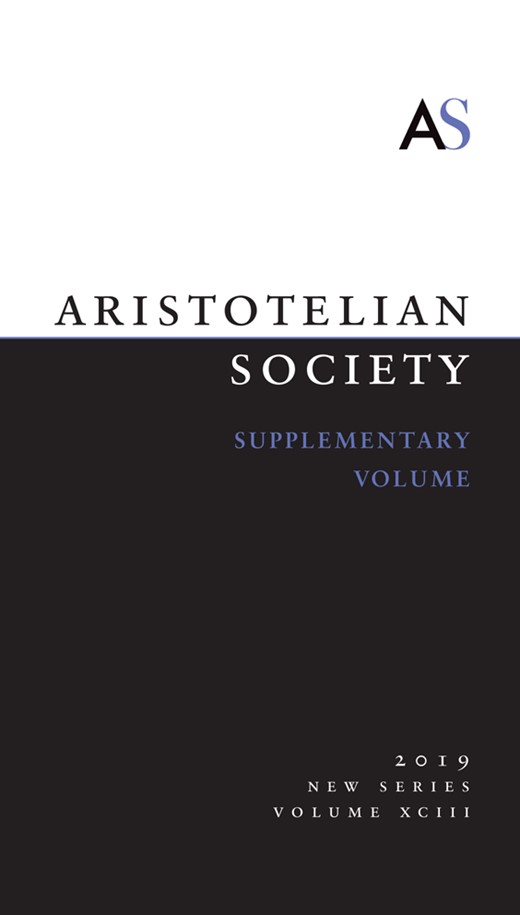-
Views
-
Cite
Cite
James Stazicker, II—Waking, Knowing, and Being Conscious, Aristotelian Society Supplementary Volume, Volume 93, Issue 1, 2019, Pages 137–160, https://doi.org/10.1093/arisup/akz009
Close - Share Icon Share
Abstract
Being conscious, in the sense in which this state is associated with being awake as opposed to dreaming or sleepwalking, has a distinctive experiential character and epistemic role. The former is reflected in the experience of waking up, the latter in traditional problems about perceptual knowledge. I outline a conception of being wakefully conscious which identifies this state in terms of its role in explaining knowledge about one’s environment and oneself. I suggest that this dual epistemic role may be grounded, in part, in the control of attention. I argue that this conception has some advantages over Matthew Soteriou’s (2019) account of the state in question in terms of a temporal point of view. These advantages are brought out by examining the experience of waking up, a traditional problem about perceptual knowledge, and folk attitudes to sleepwalking and infant consciousness.





